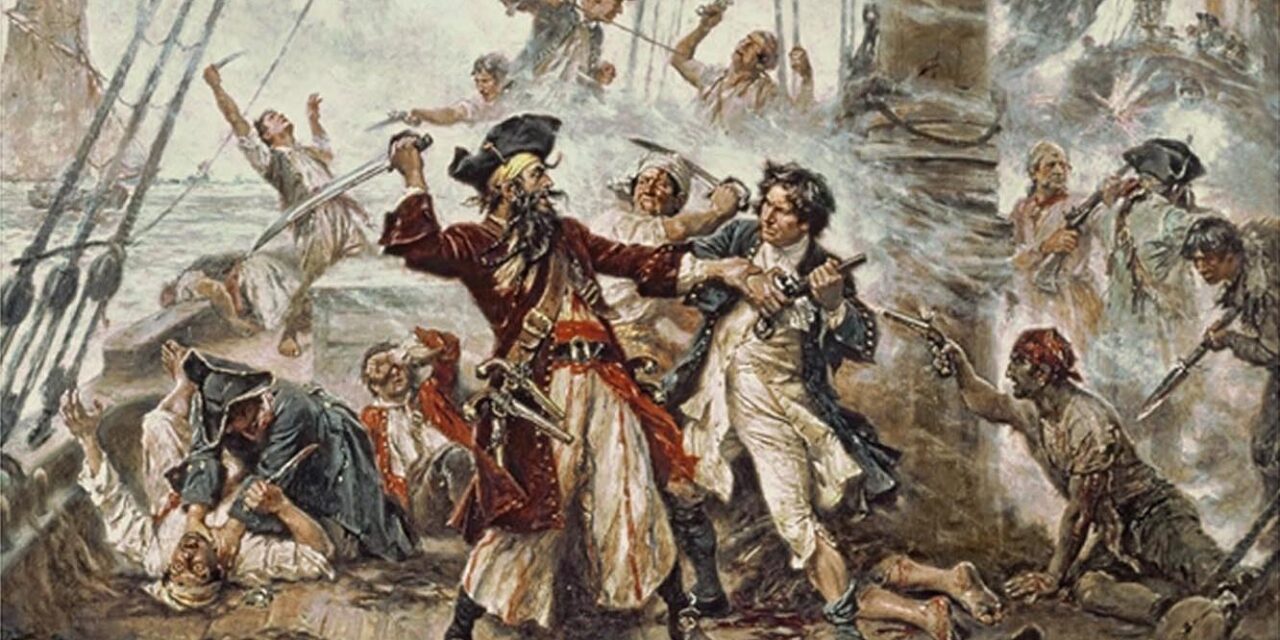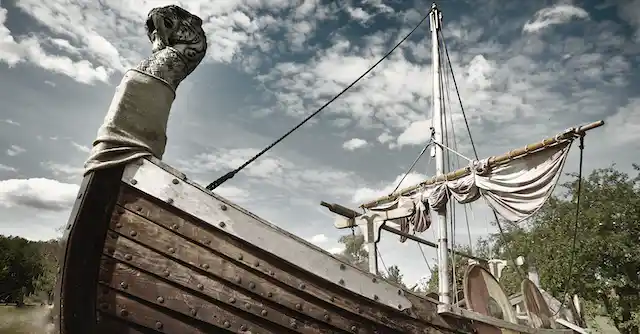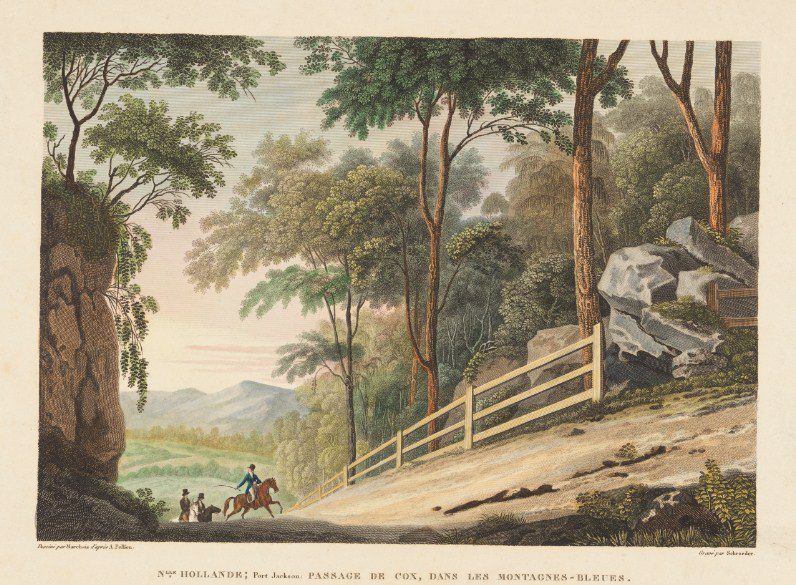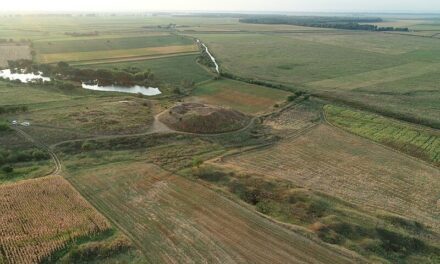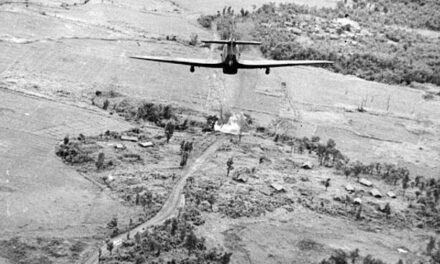The History Guild Weekly History Quiz.
See how your history knowledge stacks up.
Have an idea for a question? Suggest it here and we’ll include it in a future quiz!
Want to know a bit more about the questions in the quiz, or the story behind them? Read on!
1. Where was Edward Teach, also known as Blackbeard killed?
North Carolina – Blackbeard undertook a campaign of piracy along the coast of the American colonies and around the Caribbean. He was killed by the Royal Navy, who tracked him to his anchorage in Ocracoke, North Carolina.
2. Who founded both Princeton and Columbia Universities?
King George II – Columbia was originally named Kings college in honour of the monarch. It’s name was changed after American independence.
3. When did a team of Aboriginal Australian cricketers first tour England?
1868 – A team of 13 Aboriginal cricketers from the Western District of Victoria set sail for England to become Australia’s first ever cricket touring party. Reaction was mixed. The Times described the tourists as, “a travesty upon cricketing at Lord’s”, and, “the conquered natives of a convict colony.” The Daily Telegraph said of Australia that, “nothing of interest comes from there except gold nuggets and black cricketers.”
Altogether, the Aboriginal team played 47 matches throughout England over a period of six months, winning 14, losing 14 and drawing 19; a good result that surprised many at the time.
4. Which island was Amelia Earhart trying to reach when she disappeared?
Howland Island – It is thought that Earhart ran out of fuel while searching for Howland Island, ditched at sea, and died. This was part of her 1937 attempt to fly around the world. Howland Island is half way between Papua New Guinea and Honolulu.
5. The Battle of Spotsylvania was part of which conflict?
US Civil War – This was the second major battle in Lt. Gen. Ulysses S. Grant’s 1864 Overland Campaign of the American Civil War. With almost 32,000 total casualties, Spotsylvania was the costliest battle of the Overland Campaign and one of the top five battles of the Civil War.
It had an inconclusive result, the Confederacy declared victory because they were able to hold their defenses. The Union declared victory because the Federal offensive continued and Lee’s army suffered losses that could not be replaced.
6. Why is Hammurabi is considered one of ancient history’s greatest rulers?
He established a code of law by which his empire was governed – Hammurabi was the sixth king of the First Babylonian dynasty of the Amorite tribe, reigning from c. 1792 BC to c. 1750 BC. He wrote the Code of Hammurabi, which is the longest, best-organised, and best-preserved legal text from the ancient Near East.
It contains detailed laws which illustrate the complexity of Babylonian society. For example “If a man has a debt lodged against him, and the storm-god Adad devastates his field or a flood sweeps away the crops, or there is no grain grown in the field due to insufficient water—in that year he will not repay grain to his creditor; he shall suspend performance of his contract and he will not give interest payments for that year.”
7. Who was the first President of Russia after the fall of the USSR?
Boris Yeltsin – Read more about the fall of the USSR in Four days in August: The Soviet Union’s final blow.
8. Which of the following actions were taken by the Tasmanian Colonial Government as part of their genocidal campaign against the Tasmanian Aboriginals?
All of the above – Read more here The evidence for the Tasmanian genocide.
9. During the 1970 War of Attrition between Israel and Egypt which major power was supporting Egypt?
The USSR – The USSR sent an expeditionary force to support the Egyptians. The Soviet aircraft suffered heavily at the hands of the Israeli aircraft.
10. Where did Australian forces win their first victory of WW2?
Bardia, Libya – Read more here Remembering the Victory at Bardia.
Articles you may also like
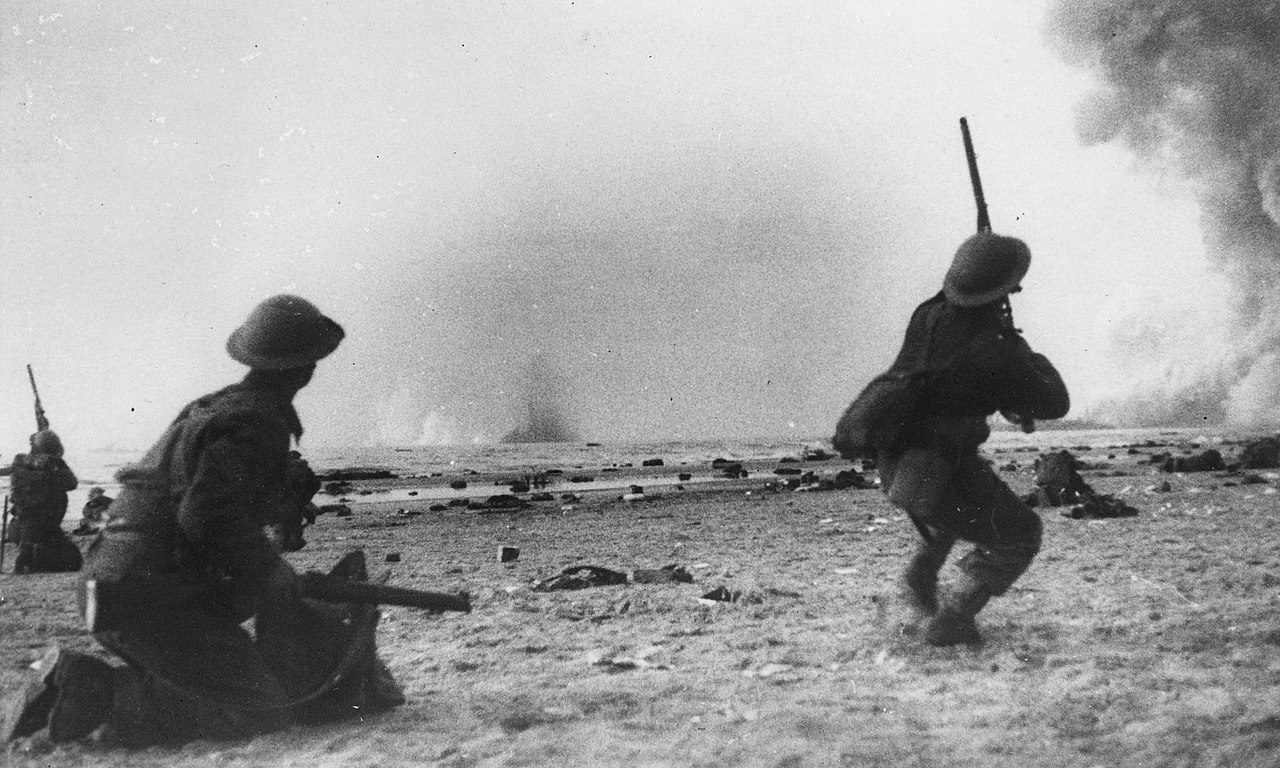
Dunkirk: how British newspapers helped to turn defeat into a miracle
Reading time: 6 minutes.
with the 1963 film of that name starring Steve McQueen, reffering to, of course, a mass escape by Allied prisoners during the second world war. But this title might more appropriately be applied to the rescue of the British Expeditionary Force (BEF) from Dunkirk between May 27 and June 4 1940.
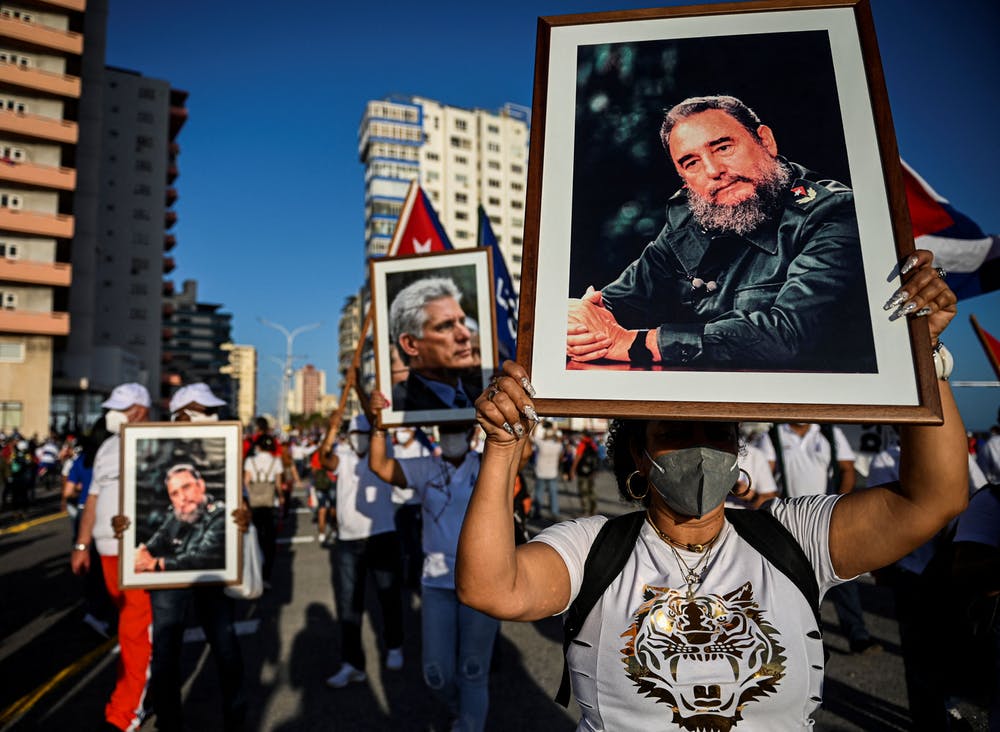
Cuba without Fidel: Five Years Later
Reading time: 6 minutes
For nearly 60 years, and for better or for worse, Fidel Castro was Cuba; at least he fancied himself as such, and the Communist Party which he largely governed with total control, never questioned this image. But what about the Cuban people? Did they really view Fidel as a “modern day Simon Bolivar”, and their one defender against American imperialism?

